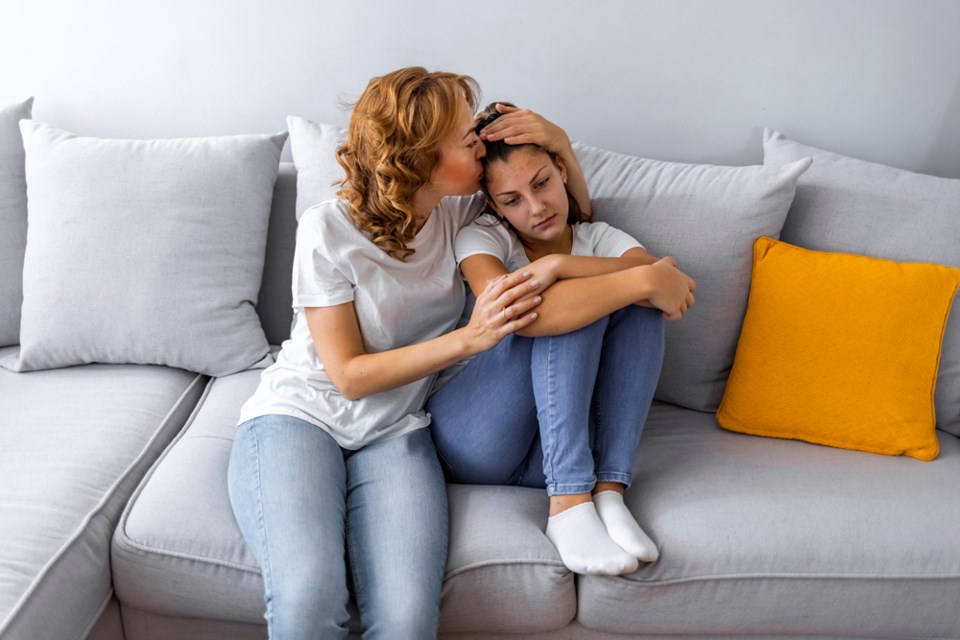What should you say to your children about Russia’s invasion of Ukraine?
The New Westminster school district is offering advice and help for parents who may be wondering how to broach the subject with the children and teens in their house.
“Whether they’re young and hearing clips of the media we’re engaged with, or if they’re a little older, they may be participating in conversations or seeing news in their own social media streams, it’s important to be mindful that our kids may be experiencing a wide range of new or amplified emotions,” said a post on the district website.
It notes that, if you’re a parent, you may notice your child responding in new and unusual ways – a preoccupation with violence or death; physical complaints like stomach aches and headaches; or emotional changes like anxiety, sadness, withdrawal, increased aggression, mood changes and difficulty concentrating.
“Children may have a variety of feelings that may arise, such as anger, frustration, guilt, shame, grief and confusion … as this news may also trigger past events they’ve experienced and stories they’ve heard,” said district support counsellor Zaida Manji in the post. “Be sensitive to children as they are processing these events and trying to understand all of this in the best way they know how to.”
Tips for talking to your children about war in Ukraine
The school district notes that one of the best ways to support kids who may be exposed to the news or experiencing challenging emotions is for them to have conversations with trusted adults. It offers these tips:
- Be honest, fact-check when needed, and consider where and when you have conversations (e.g. at the dinner table might be better than at bedtime).
- Take a moment to understand your own feelings, thoughts and triggers before broaching conversations with your kids; your perspective and demeanour will likely influence how your children feel about these situations.
- Ask questions to first gauge their feelings and knowledge. Listen, and acknowledge the feelings that are being expressed.
- Keep conversations age-appropriate, and try to wrap them up on reassuring notes or with an openness to talking more if needed.
- Be aware of “media overload” and consider where the importance of setting limits to exposure might be helpful.
More resources for parents to talk to children about war, conflict and violence
School District 40 also suggests the following resources for parents who want more support on how to have these conversations at home:
- This article from UNICEF: “How to talk to your children about conflict and war: 8 tips to support and comfort your children.”
- Common Sense Media, which in-depth tips on how to make these tough conversations age-appropriate for children from age two to older teens: “How to Talk to Kids About Violence, Crime, and War.”
- The American Psychological Association’s tips and strategies to guide kids beyond fear and to resilience, broken down by school levels:
If you feel like your child might need some additional support right now, the district asks you to reach out to your classroom teacher, administrator or directly to the counsellors at your school.
Follow Julie MacLellan on Twitter @juliemaclellan.
Email Julie, jmaclellan@newwestrecord.ca.



